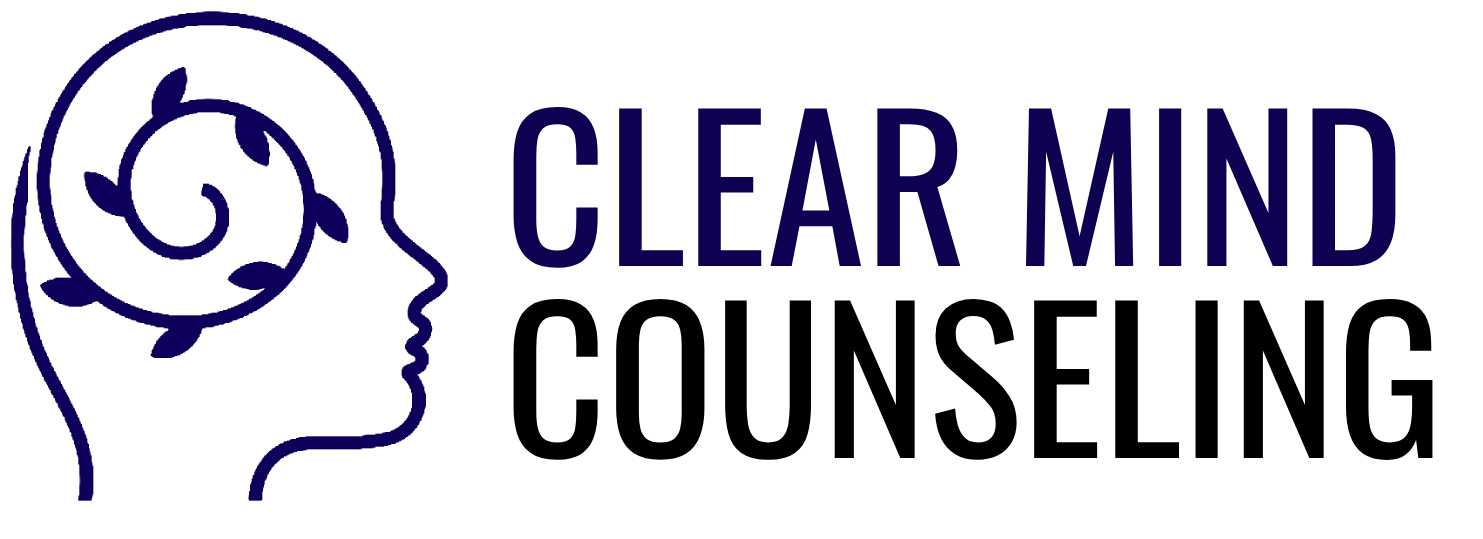Happy Mother’s Day, all you moms out there. I love being a mother, and motherhood is a beautiful and rewarding experience. It is also true, though, that it comes with its fair share of challenges.
One of the most common struggles that mothers face is anxiety. From worrying about our child’s health and safety to feeling overwhelmed by the never-ending to-do list, it’s no wonder that many mothers experience feelings of anxiety and stress.
In general women report and seek help for anxiety more then men. This fact has been attributed variously to women’s hormone fluctuations, socialization, the structure of hetero-cis relationships and the higher rates of physical and sexual abuse than women experience.
Some research has been floated that the cause of the higher rate of anxiety in mothers could be because of differences in hormone fluctuations and brain chemistry. Reproductive events across a woman’s life are associated with hormonal changes, which have been associated with anxiety. The surge in estrogen and progesterone that occurs during pregnancy can increase the risk for OCD, which can result in disturbing repetitive thoughts and impulses and obsessions that are distressing and debilitating.
Another factor that significantly contributes to maternal anxiety is the mental load that most mothers carry. The mental load refers to the invisible, mental burden of coordinating and managing all aspects of family life, from scheduling doctors’ appointments to remembering to pack lunches and attend school events. This mental load is often disproportionately carried by women, even in families where both parents strive to share responsibilities equally.
The mental load can be a significant source of anxiety for mothers since they often face a repetitive cycle of tasks and responsibilities that must be constantly juggled and managed. This constant sense of pressure can leave mothers feeling overwhelmed, exhausted, and anxious about their ability to meet the needs of their families
.
Another contributor to the high report of anxiety among women in general seems to be that women, throughout their lifetime, are more likely to experience physical, sexual, and emotional abuse than men, and abuse has been linked to the development of anxiety disorders. Physical and sexual abuse has been associated with changes in brain chemistry and structure. There is even evidence that suggests that women who have experienced sexual abuse develop have abnormal blood flow in the hippocampus, a brain region involved in processing emotion.
Adding to this burden is the societal expectation that mothers should be able to effortlessly balance work, family, and household responsibilities without breaking a sweat. The pressure to be the perfect mother, wife, and employee can contribute to feelings of inadequacy and anxiety, as women struggle to live up to unrealistic expectations.
For many mothers, the key to managing anxiety is learning to prioritize self-care and setting boundaries. Taking time for ourselves, whether it’s through exercise, meditation, or simply taking a few moments to breathe deeply, can help mothers recharge and restore their mental and emotional well-being.
It’s also important for our partners to recognize and appreciate the mental load that mothers carry and to actively work towards sharing responsibilities more equally. This can help alleviate some of the pressure and anxiety that mothers experience, as they feel supported and valued in their roles as caregivers.
Ultimately, it’s very important for mothers to remember that they are not alone in their struggles with anxiety. Many, many mothers share this struggle. Motherhood changes us mostly for the better but It can also make us feel overstretched and incompetent and judged.
If your worries feel very distressing or are hard to control and anxiety is interfering with your work, family relationships, or other parts of your life, it might be time to see a mental health professional. A therapist can help you learn to manage stress and change thoughts and behaviors that are increasing your anxious feelings.

